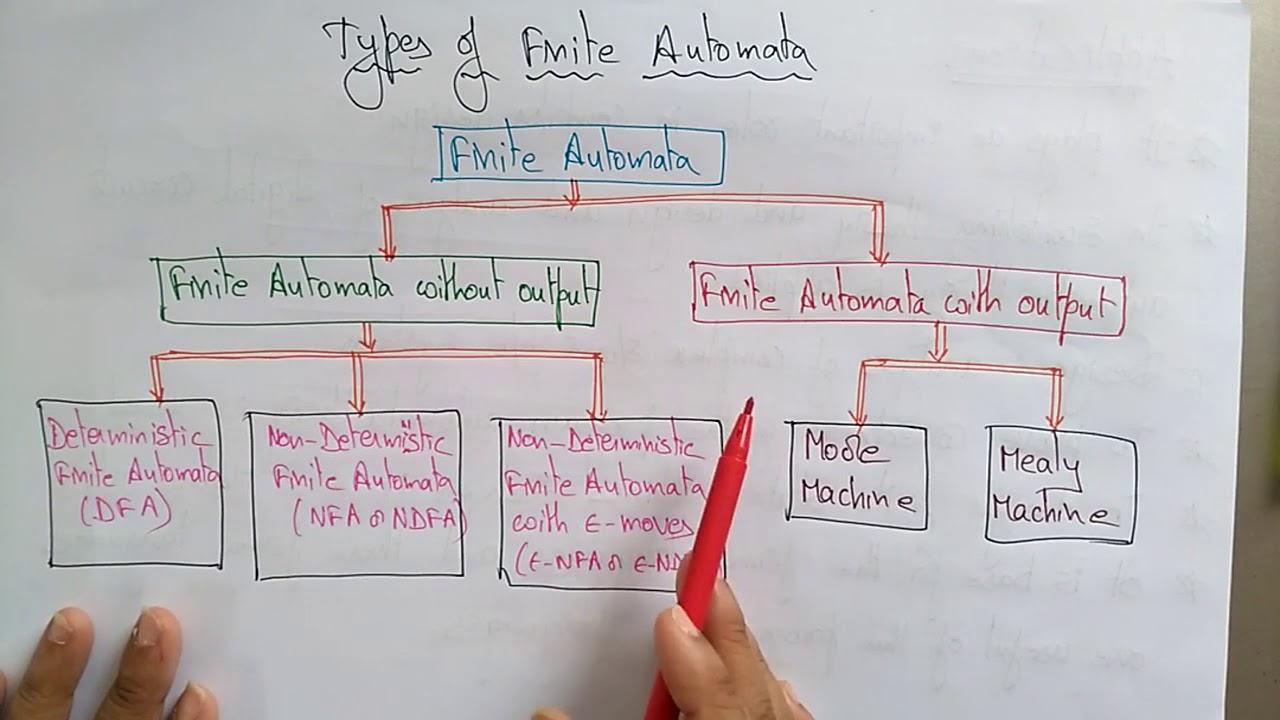The Significance of Finite Automata in Web Development

Finite automata play a crucial role in web development, influencing computer behavior, programming language structures, and program reasoning rules. The systematic exploration of these regular patterns has significantly shaped computing theory, offering theorems, techniques, and a paradigm that deeply impacts modern computing. This evolution, traced from Kleene's 1951 theorem on regular events to recent (circa 1976) advancements in computational complexity and algorithmic logic, highlights the enduring and profound effects of finite automata in the field.
-
Regular Expressions and Lexical Analysis:
- Regular expressions, a powerful tool for pattern matching, are closely associated with finite automata. DFAs and NFAs are often used to implement regular expression engines, facilitating tasks such as input validation and lexical analysis in web development. This is particularly useful in form validation, where patterns for valid input can be defined using regular expressions and implemented using finite automata.
-
URL Routing:
- In web development, routing is the process of determining how an application responds to a client request. Finite automata can be employed to model URL routing systems, where the states represent different routes and transitions represent the navigation paths. This ensures efficient and organized handling of various URLs within a web application.
-
String Matching Algorithms:
- String matching is a fundamental operation in web development, especially when dealing with data retrieval and manipulation. Finite automata algorithms, such as the Knuth-Morris-Pratt algorithm, provide efficient ways to search for patterns within strings. These algorithms are utilized in tasks like searching for keywords in a document or parsing user input.
-
State Machines for Workflow Management:
- Web applications often involve complex workflows with multiple states and transitions. Finite state machines (FSM), a type of finite automaton, are employed to model and manage these workflows. FSMs help in maintaining the state of the application and defining how it transitions between different states based on user interactions or system events.
-
Lexical Analysis in Parsing:
- Finite automata are extensively used in the lexical analysis phase of compiler construction, which is essential in parsing and interpreting programming languages. Web development frameworks and tools that involve template languages or custom scripting languages can benefit from lexical analysis powered by finite automata.



Sponsorizzato
Cerca
Sponsorizzato
Sponsorizzato
Categorie
- Web Development
- Art
- Causes
- Crafts
- Dance
- Drinks
- Film
- Fitness
- Food
- Giochi
- Gardening
- Health
- Home
- Literature
- Music
- Networking
- Altre informazioni
- Party
- Religion
- Shopping
- Sports
- Theater
- Wellness
Leggi tutto
Custom Software Development Company
The Nth Bit Labs is your trusted Custom Software Development Company based in Delhi. With a...
ISRO's latest achievement: Aditya L-1 spacecraft successfully reaches assigned orbit.
Prime Minister Narendra Modi expressed, "Aditya L1 has achieved its intended orbit, marking...
Best and affordable online ecommerce platform
An ecommerce platform is a digital software or online service that enables businesses to create,...
Why Indians Are Reluctant to Use Indigenous Products
Why Indians Are Reluctant to Use Indigenous Products
India,...
WordPress Custom Themes vs. Pro Themes: Which is Right for You?
When it comes to building a WordPress website, one of the first decisions you'll face is choosing...
© 2025 Abhira Social Media
 Italiano
Italiano




